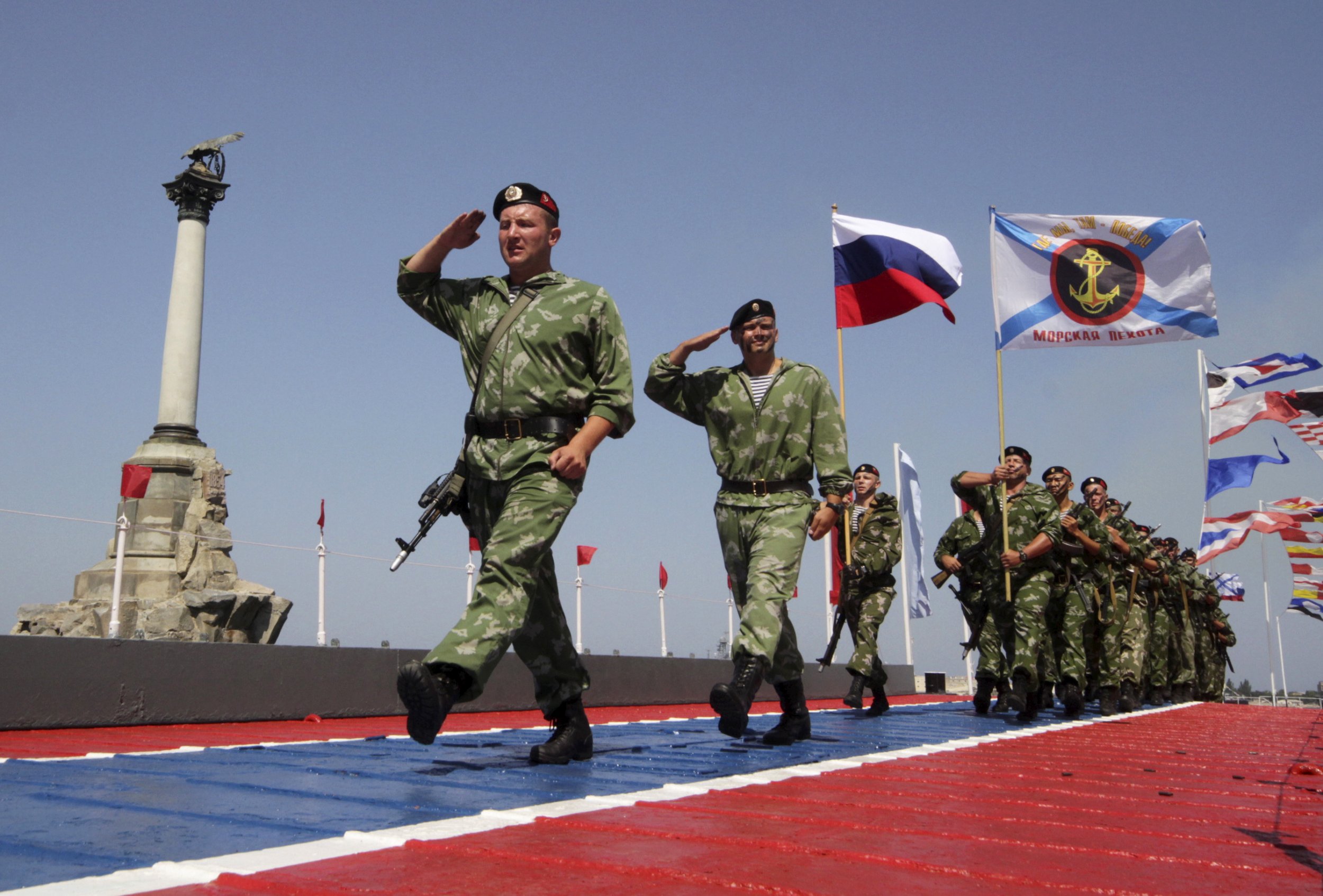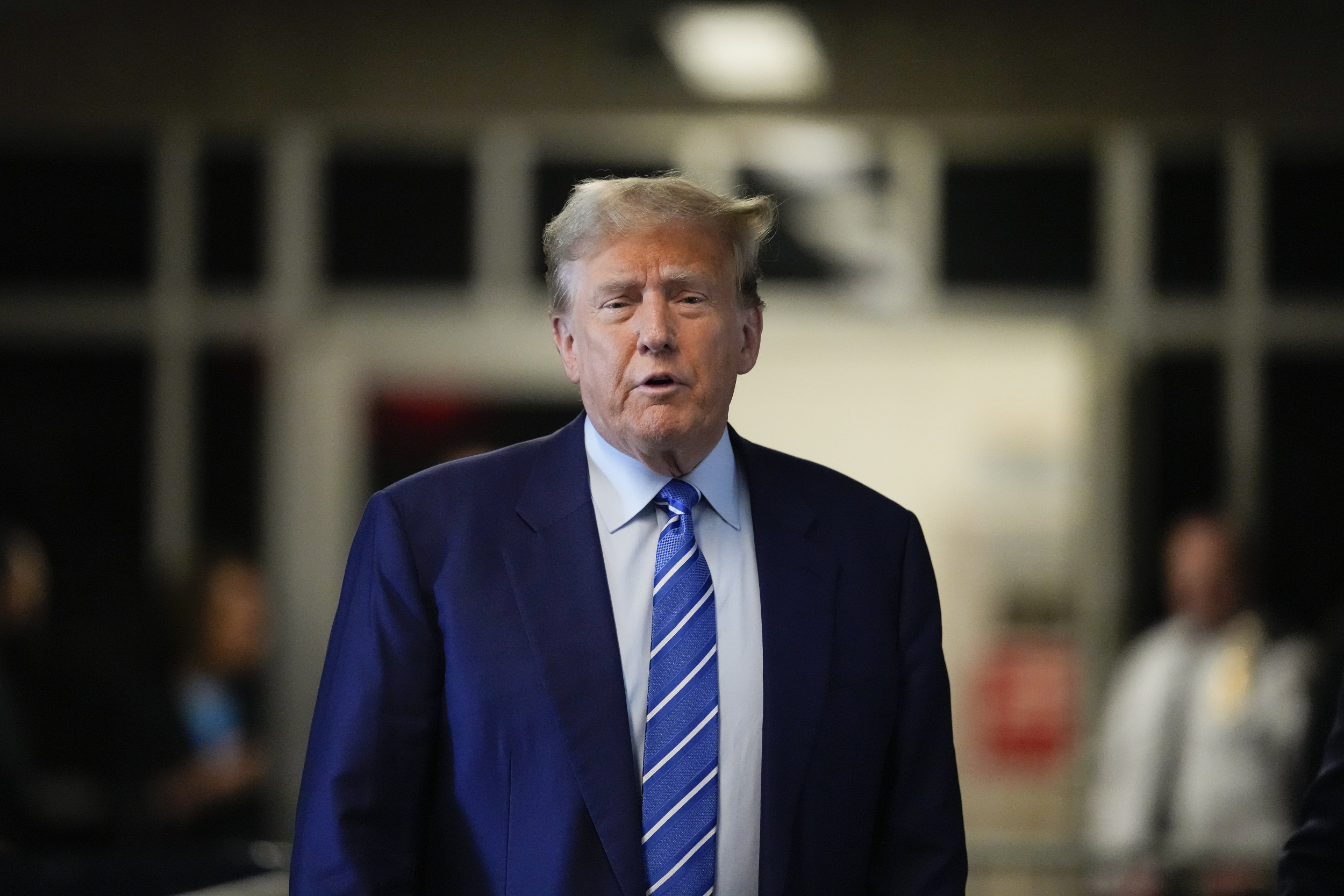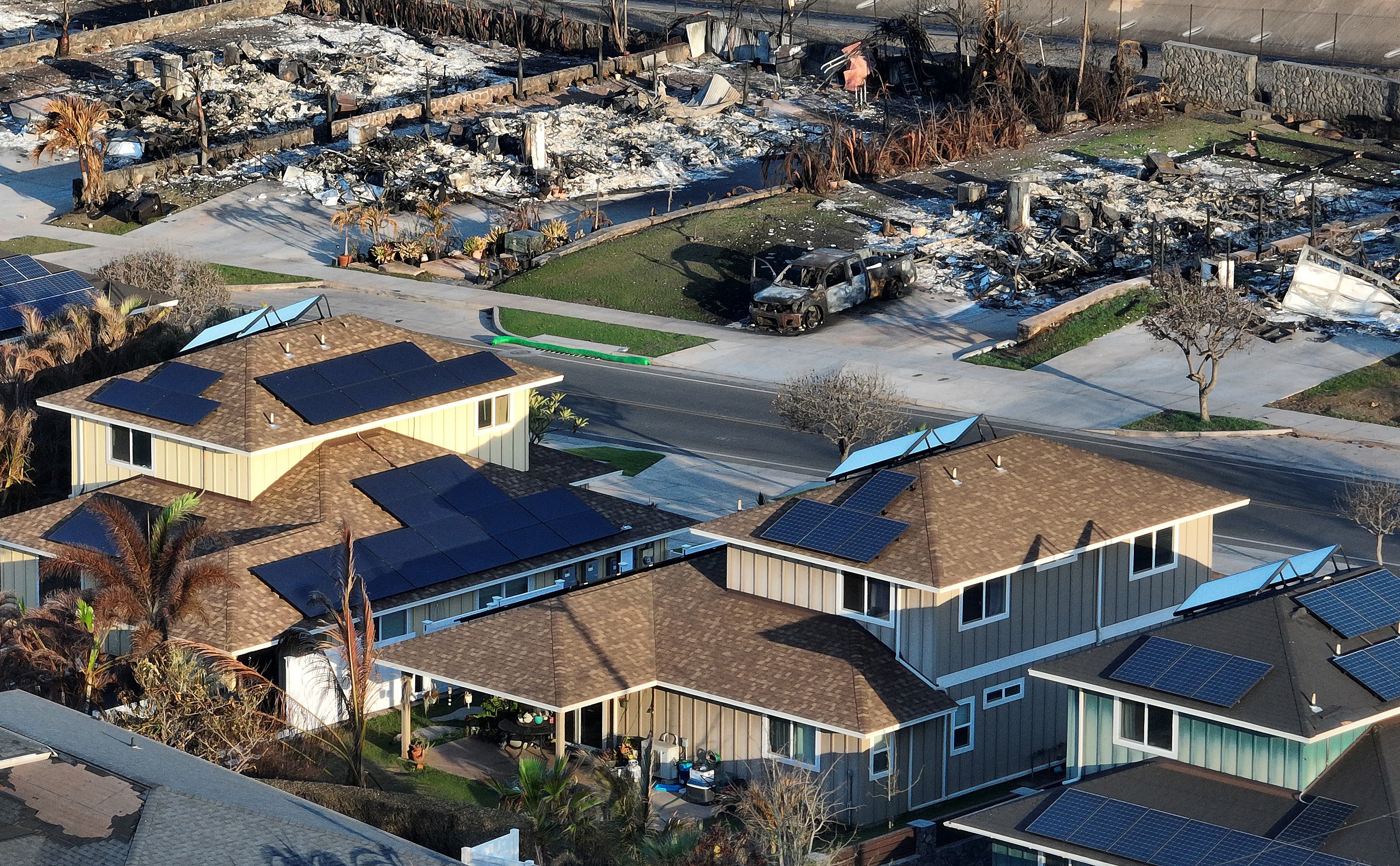
Updated | Relations between NATO and Russia were highlighted again after Moscow ramped up rhetoric and promised to neutralize any threats to its presence in the Black Sea. The country's envoy to NATO, Alexander Grushko, told state newspaper Rossiyskaya Gazeta that the Black Sea would not become a "NATO lake." Russia sees the region as vital to its foreign policy—since the annexation of Crimea two years ago more than a dozen warships have been stationed there.
Earlier this month Turkish President Recep Tayyip Erdogan told the Financial Times that Russia was trying to tighten its grip on the Black Sea and the area is one of several zones where NATO allies will discuss reinforcement in the upcoming summit in Poland. Erdogan expressed fear that Russia is trying to encroach on the Black Sea and treat it as a "Russian lake."
NATO has three members with Black Sea ports in Romania, Bulgaria and Turkey, as well as two more aspiring members in Ukraine and Georgia. Both have faced serious challenges from Russia in response to their NATO and EU aspirations.
"Presently NATO is trying to move its confrontational schemes on the territory of the Black Sea," Alexander Grushko said, referring to Erdogan's comments. "NATO knows perfectly well that the Black Sea will never be a sort of 'NATO lake' and we will take all necessary measures to neutralise any threats and attempts to put forceful pressure on Russia from the south."
Grushko said Russia wanted a mutually cooperative and respectful relationship in the Black Sea but blamed NATO for ceasing joint efforts to tackle piracy with Russia in the region.
"The tendency of worsening relations has not yet seen its end," he added. "Judging by the minutes of the recent meeting of NATO foreign ministers the alliance will continue with this containment policy against Russia, regardless of its statements, requesting dialogue. I do not want to say that our relations with NATO are in a state of Cold War but the alliance is shifting to a Cold War-era security framework."
NATO is expected to finalise several landmark projects in Eastern Europe during July's summit in Poland and announce details of a rotational, multinational force that will travel in between states. The Czech Republic has already announced it and three of its neighbours are willing to commit 600 troops to reinforce the Baltics and currently 10,000 allied troops are engaged in a joint U.S.-led drill across Eastern Europe.
This article was updated to reflect that NATO-Russia relations have been highlighted by Alexander Grushko's comments.
Uncommon Knowledge
Newsweek is committed to challenging conventional wisdom and finding connections in the search for common ground.
Newsweek is committed to challenging conventional wisdom and finding connections in the search for common ground.
About the writer
I am a Staff Writer for Newsweek's international desk. I report on current events in Russia, the former Soviet Union ... Read more
To read how Newsweek uses AI as a newsroom tool, Click here.








